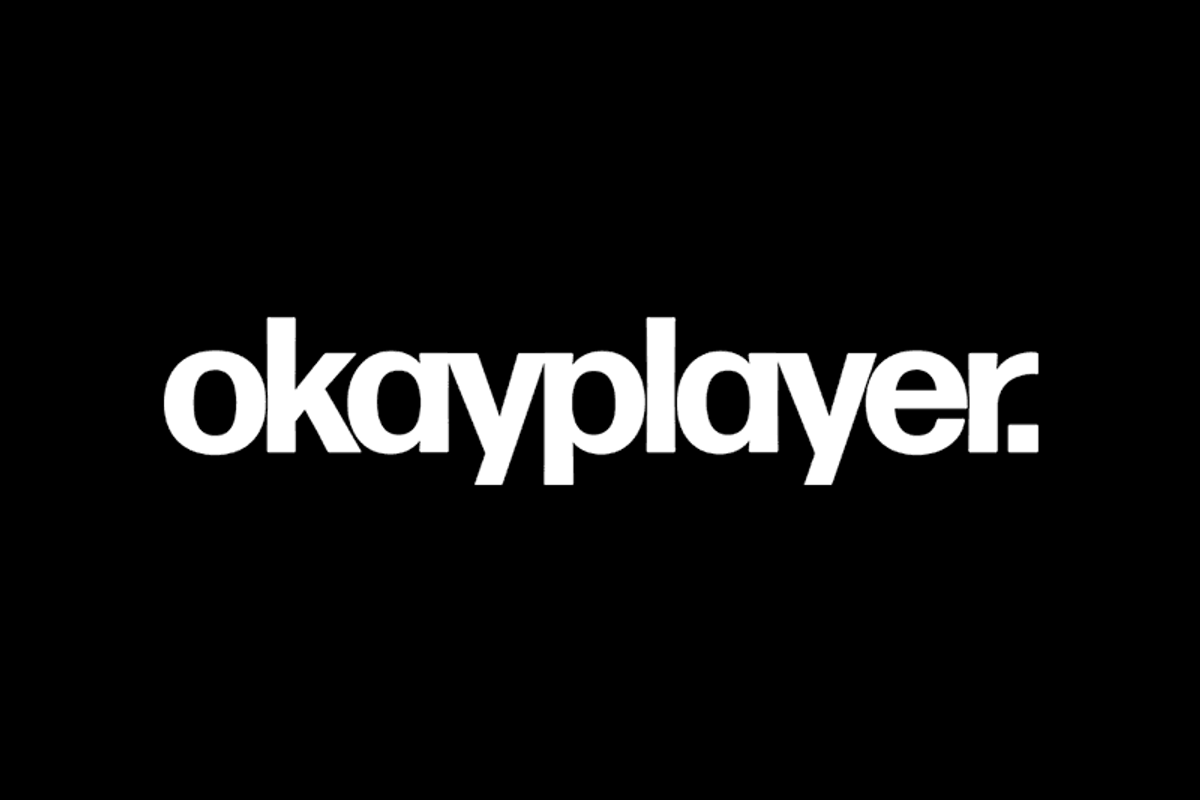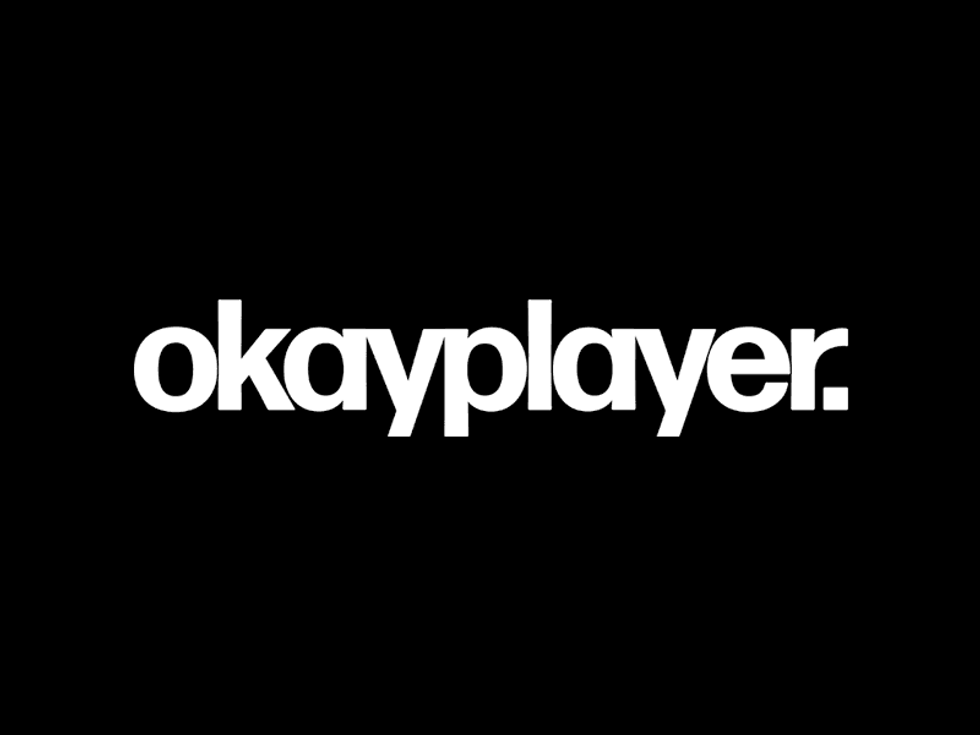
I'm An Activist, Man: '4:44' And The Rise Of Jay-Z's Political Awakening
Photo by Matt Rourke for AP Photo
To continue reading
Create a free account or sign in to unlock more free articles.
By continuing, you agree to the Terms of Service and acknowledge our Privacy Policy
Register
The content is free, but you must be subscribed to Okayplayer to continue reading.
THANK YOU FOR SUBSCRIBING
Join our newsletter family to stay tapped into the latest in Hip Hop culture!
Login
To continue reading login to your account.
Forgot your password?
Please enter the email address you use for your account so we can send you a link to reset your password:


Ahead of the June 30th release of Jay-Z's highly-anticipated 13th album 4:44, the mystery around the content and its context still linger. What will Jay talk about? What will the visuals be? To date, three teaser trailers related to 4:44 have dropped: one, featuring Danny Glover and Mahershala Ali (soundtracked to a new song titled "Adnis"); "Kill Jay Z," which features a young black boy running from something while wearing a t-shirt that reads "Stay Black"; and "MaNyfaCedGod," which features Lupita Nyong'o, in a show of bare acting talent, crying fearfully at someone or something off-camera.
Aside from "Adnis," a song that finds Jay-Z rapping about his father, the lyrical content of 4:44 remains a mystery. However, judging by the visuals, as well as Jay-Z's most recent endeavors (executive producer of Time: The Kalief Browder Story; bailing out incarcerated black fathers for Father's Day), he is likely to tread a line between activist and artist on 4:44 and if that happens to be the case, this will undoubtedly be the most interesting version of Jay-Z we have witnessed in years.
Explicitly treading that line isn't something Jay-Z has done publicly with fully concentrated force before. He has endorsed political candidates and used his platform to speak up against police brutality and other topics adjacent, but his aversion to violable political stances has earned him criticism, particularly from other notable black figures that tread the line between activist and artist. In 2012, famed actor and activist Harry Belafonte called out Jay-Z and Beyoncé in an interview with The Hollywood Reporter, saying:
I think one of the great abuses of this modern time is that we should have had such high-profile artists, powerful celebrities. But they have turned their back on social responsibility. That goes for Jay-Z and Beyoncé, for example.
The former didn't take kindly to Belafonte's words, calling him out on Magna Carda Holy Grail track "Nickles and Dimes":
I'm just trying to find common ground/Before Mr. Belafonte come and chop a ni**a down/Mr. Day-O, major fail.
Following the incident, Jay-Z spoke with former XXL Editor-In-Chief Elliott Wilson, saying "I'm offended by that because first of all, and this is going to sound arrogant, but my presence is charity. Just who I am," in response to Belafonte. In the five years following Belafonte's remarks both Jay-Z and Beyoncé have taken political stances that are considered controversial. The latter's "Formation" music video and its commentary on police brutality against black people were a stark contrast from Beyoncé's previous work.
Her performance of the song at the Super Bowl 50 Halftime Show resulted in outrage, with critics not only mad about the song's content but the performance which included the use of Black Power and Black Panther Party symbolism. Since then, Beyoncé had been called anti-police, with even former New York City mayor Rudy Giuliani saying "This is football, not Hollywood, and I thought it was really outrageous that she used it as a platform to attack police officers who are the people who protect her and protect us and keep us alive." 115.5 million people watched as Beyoncé transformed the traditionally neutral half-time show into one of celebration and confrontation, defiantly displaying blackness in a way no one was expecting.
Jay-Z seems to have followed a similar path but in his own way, using his business ventures to expand his political stance. Back in 2014, he helped the Brooklyn Nets procure t-shirts honoring Eric Gardner that read "I can't breathe"; in 2015 he and Beyoncé bailed out protestors in Ferguson, Missouri, who were arrested while demonstrating against police brutality; in 2016 his music streaming service Tidal, in partnership with Roc Nation, donated $1.5 million to Black Lives Matter and other organizations working to end police brutality; and this year has seen him contribute to a number of projects related to criminal justice reform. He has collaborated with Belafonte's social justice organization, Sankofa.org, to release a visual EP titled 17 on Tidal. The release centered around the story of a 17-year-old black male who's killed by police officers, referencing the death of Trayvon Martin (this year marks the fifth anniversary of his death), as well Michael Brown and Tamir Rice. He's also written essays for a number of publications encouraging the fight for social justice, and worked with The New York Times to narrate a stop-motion video detailing the history of the war on drugs.
But surely, Jay-Z serving as executive producer on the Kalief Browder documentary series has been one of the most compelling projects he has been a part of recently. Divided into six episodes, Time: The Kalief Browder Story was unflinching in its telling of Browder, a black boy from the Bronx who was sent to Rikers Island at the age of 16 for a crime he never committed. For three years Browder endured the physical and verbal abuse of Rikers inmates, guards, and officers until he was finally released in 2013. Two years later, he committed suicide.
"Kalief Browder is a modern-day prophet; his story a failure of the judicial process," Jay-Z said during a press conference for the documentary series. "A young man, and I emphasize young man, who lost his life because of a broken system. His tragedy has brought atrocities to light and now we must confront the issues and events that occurred so other young men can have a chance at justice."
From Time to the 4:44 teasers, there's a common feel and pace that they all share. They're alert, menacing, poignant — they make you feel something. As an elder statesman in rap music Jay-Z can provide a perspective that his contemporary counterparts can't. He's been the hustler; he's been the rising rapper; he's been the mainstream rapper; he's been the mogul; he's made it in America in a way that is a rarity for black men. He's told us his rags to riches story and the opulence he has achieved, inhabiting spaces and possessions often not afforded to black people. But how does it feel to have this type of power at the top, only to see what's happening at the bottom? To see black people of varying age and gender gunned down by police, wrongfully convicted and incarcerated, their trauma a reflection of America's racist history?
Jay-Z has always been a gifted lyricist and storyteller, and hopefully, his transition into an activist will be displayed on 4:44, reminding fans of his artistry and foreshadowing a Jay-Z that we're just now getting introduced to.